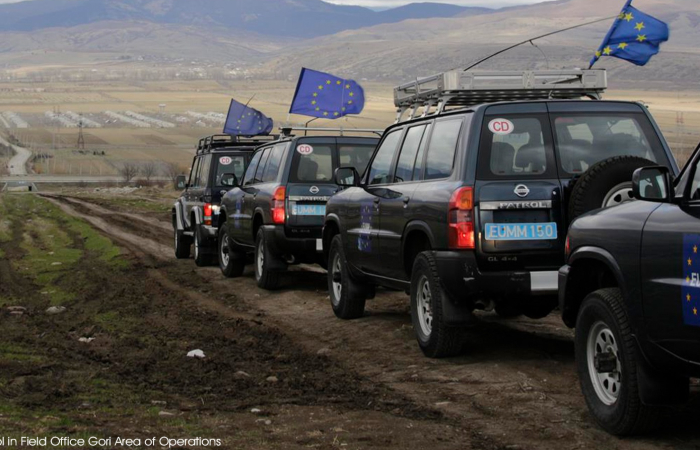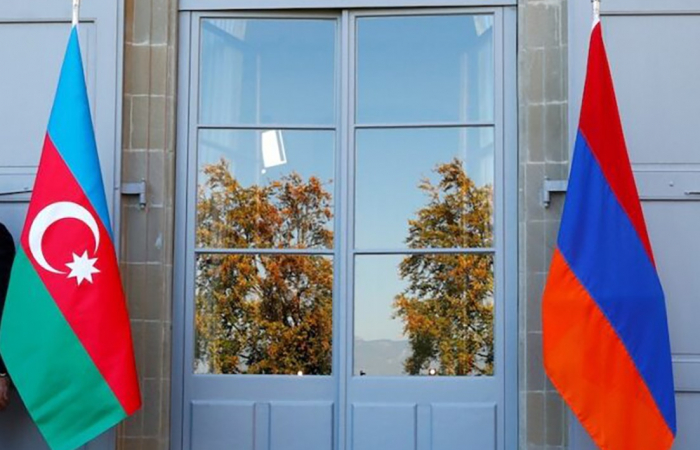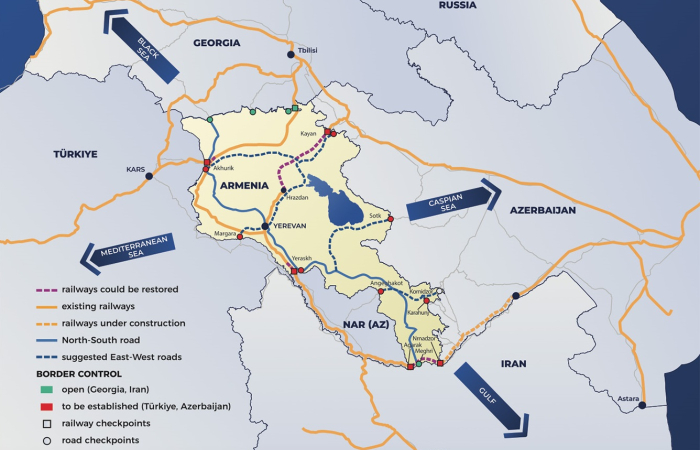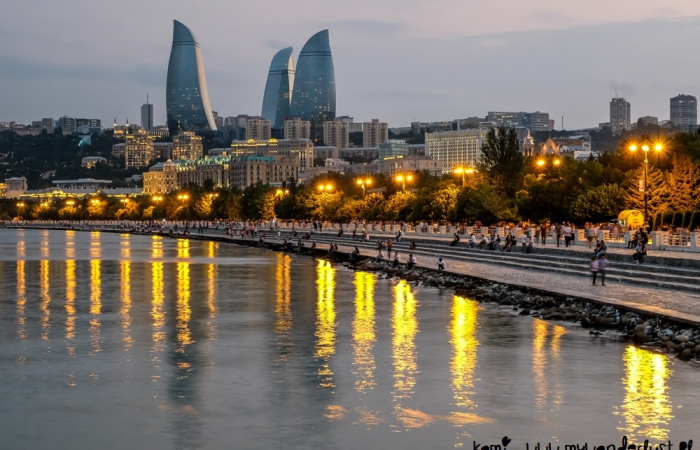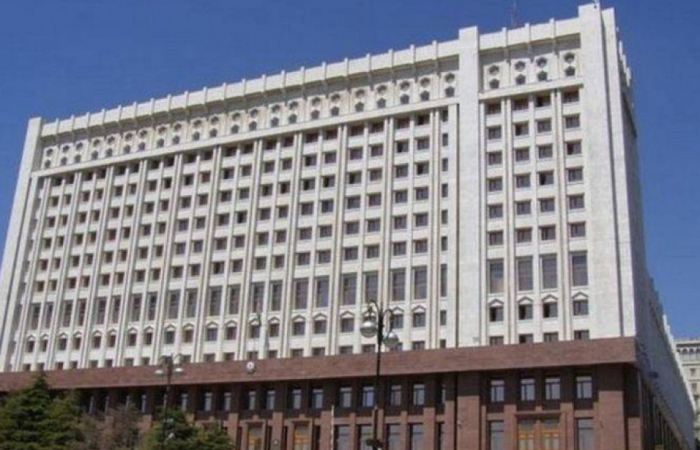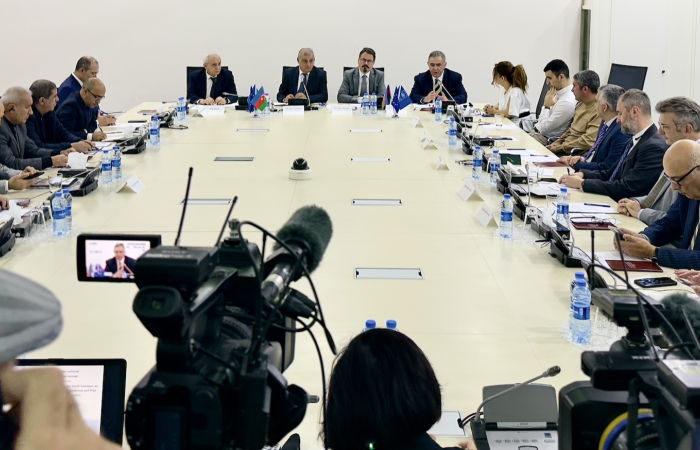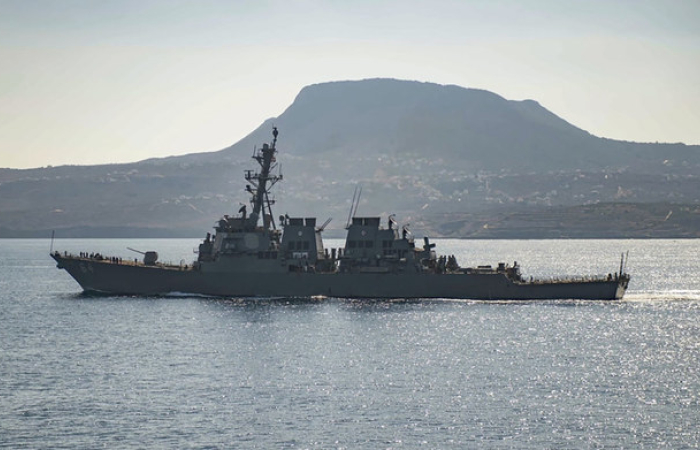Trending
EU to increase the size of its monitoring mission in Armenia from 138 to 209 members
12 December 2023
The foreign ministers of the 27 EU member-states, meeting in the framework of the Foreign Affairs Council, on Monday (11 December) agreed to increase the size of the EU Mission in Armenia from 138 to 209.
This was announced by the High Representative for Foreign and Security Policy, Josep Borrell in a briefing after the session of the Council in Brussels.
Borrell told journalists, "You know that we are currently working on strengthening our relations with Armenia. I see that Armenia clearly sees the benefits of increasing cooperation with us, and we are ready to respond positively." Borrell referred to the ongoing efforts to normalise Armenia-Azerbaijan relations, stating:
"We believe that there is a historic chance to achieve peace in the region. It is an opportunity. We are committed to continue our support to these efforts – by working together with both Armenia and Azerbaijan. The fact that we have decided to increase by such an important number our staff on this mission shows our clear commitment to the stability in the border between Armenia and Azerbaijan and [is] an important contribution to the peace efforts."
The Foreign Affairs Council also held an informal exchange of views with the Armenian Foreign Minister, Ararat Mirzoyan at the start of its proceedings.
During the day, Borrell also held a meeting with the Foreign Minister of Azerbaijan, Jeyhun Bayramov.
Azerbaijan has criticised the fact that only the Armenian Foreign Minister was invited to exchange views with the Foreign Affairs Council, and that no similar invitation was extended to his Azerbaijani counterpart.



